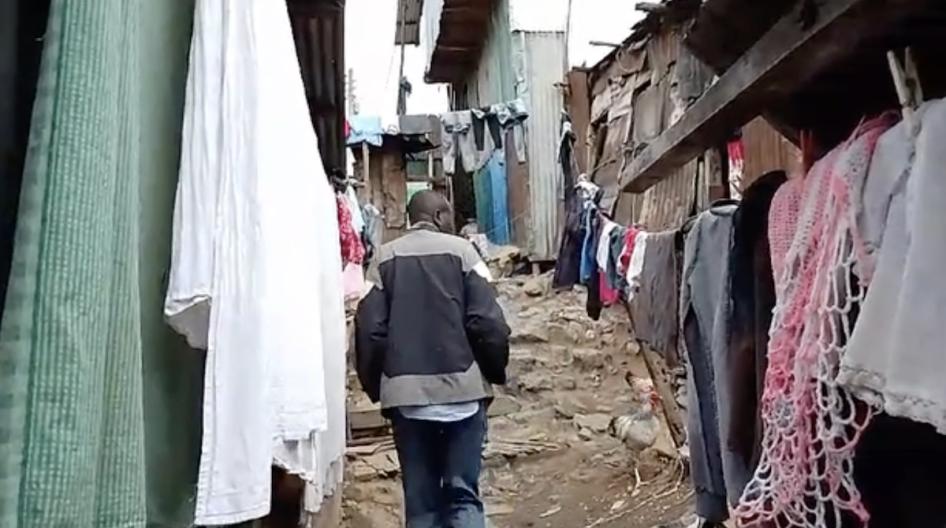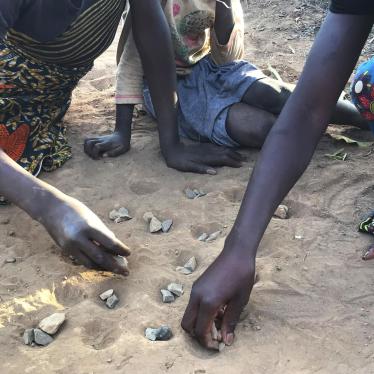Alfredo Akeyo fixes electronics for a living in Mathare, Kenya. Last year, he earned around 12,000 Kenyan shillings (around US$80) per month, barely enough to provide for his three children. Now, he is lucky if he earns half that amount. “It means that sometimes we eat one meal per day,” he told Human Rights Watch.
What changed? A sharp increase in prices, stemming in part from fuel and electricity price hikes – including doubled value-added taxes on fuel – as part of an International Monetary Fund (IMF) program in the country. “As a businessman we depend on people's cash, now they spend more on transport and food, people don't have money to fix electronics,” Akeyo explained.
Over a billion people live in the 38 countries where IMF programs have been approved since the Covid-19 pandemic began. Human Rights Watch found that more than half these programs – including in Kenya – seek to increase revenues through value-added taxes, which experts generally agree disproportionately burden people with low incomes. More than half reduce or remove fuel or electricity subsidies, which can lead to sharp price increases. And while phasing out fossil fuels is crucial for avoiding the worst impacts of climate change, measures that cause prices of goods such as fuel or electricity to rise should be undertaken together with measures to support people, such as investment in social protection programs and affordable renewable energy.
Since electricity costs increased, Alfredo’s family goes five or six days per month without power because they can’t afford it. His children sometimes stay home from school because the cost of taking the public bus has doubled.
The IMF regularly includes “social spending floors”, which typically require governments to spend a minimum amount on social programs or ministries. In Kenya, the social spending floor mandates tiny increases in spending on some health, education, and cash transfer programs. But today, their total represents a mere three percent of GDP – which is actually lower than when Kenya’s IMF program was approved in 2021. This is in-line with a “downwards trend” in social spending, according to a review of Kenya’s 2022/2023 budget by the UN Office of the High Commissioner on Human Rights. It found that total budget allocations for health, education, social protection, and water and sanitation amounted to 6.06 percent of GDP, which is far from meeting international benchmarks. For instance, low- and middle-income countries need to spend at least 6.3 percent of GDP on education alone to provide universal basic education, according to UNESCO.
Alfredo isn’t eligible for any cash transfer programs, which puts money into people’s pockets, and was rejected from other assistance programs he applied for, such as one helping with school fees. “We apply for something, we get nothing,” he said.
In August, public pressure forced the Kenyan government to restore some fuel subsidies, but there is a better solution. Rather than pursuing a path that harms rights, the IMF and governments could use the substantial savings from removing government-funded subsidies to instead invest in universal social security – which everyone receives – as well as public services, two pillars of an economy that would enable people like Alfredo to realize their human rights.






